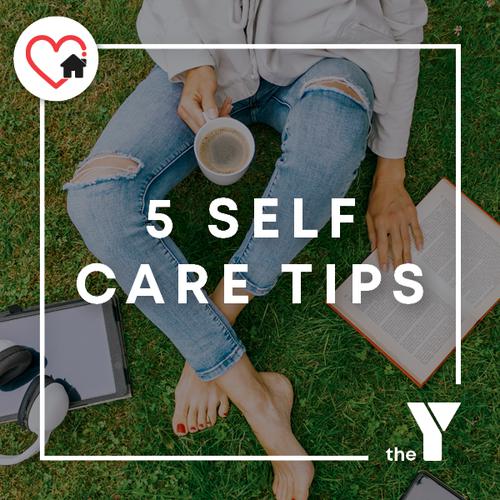1. Acknowledge your feelings – Having feelings of stress and anxiety are normal responses to upsetting situations. Take time to notice and express how you’re coping. You can consider doing this by writing your thoughts in a journal, talking to others, doing something creative, practising meditation or anything else that will allow you to reflect.
2. Keep active – Build physical activity into your daily routine, if possible. Most of us might not have exercise equipment like treadmills where we live, but there are still activities we can do. Walking is one of the simplest ways we can improve our overall health. Some other examples include cleaning your home, dancing to music or going up and down stairs. Be innovative and try something physically active you might enjoy.
3. Eat healthy and stay hydrated – A well-balanced diet provides you with all the energy you need for the day. Keep in mind that your appetite might change if your routine changes, or if you’re less active than you usually are. Eating well and keeping your blood sugar stable can help with your mood and energy levels.
4. Limit exposure to the media – It’s important to find a balance to avoid distressed, anxiousness or confusion. Ensure you stick to the facts and trust only reliable sources such as Australian Government Department of Health and World Health Organisation (WHO). Continue to be informed however limit your news intake if it is bothering you.
5. Stay connected – You may be physically distant but it’s important to stay in touch. Receiving support and care from others, even via technology, can bring a sense of comfort and stability. If you know people in similar situations, consider creating a group chat or online forum. These platforms can act as an informal support network to allow us to follow up and share experiences. Remember to check-in with family and friends as you can also benefit from the support you provide.


